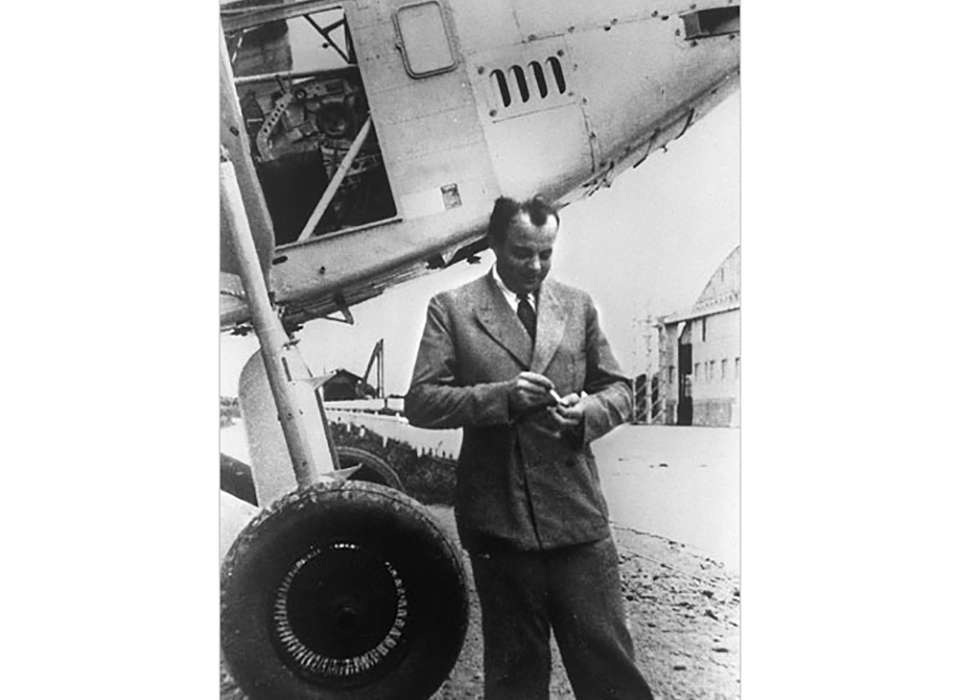The critical few: metrics, platforms, words
Everyone's had a manager that kept asking "what else should we be doing?" It's the wrong question. Instead, ask: "what high impact work can we do better?"
“Perfection is achieved, not when there is nothing more to add, but when there is nothing left to take away.”
-Antoine de Saint-Exupery, French writer
There’s an unstated elegance about a greater focus on less. My most successful blogs, clients and programs were nearly always ones where we refined efforts to do more of less. We discovered what worked, found a formula, dialed it up, and relentlessly removed the fluff. We tested and optimized against the critically important stuff and ignored what didn’t matter. We didn’t try to be everywhere and chase every new trend, we did what worked. Related to this mindset, Jeff Bezos built Amazon around continuing to provide an answer to the most important question no one else asked: "what's not going to change in the next 10 years?"
This is counterintuitive to how most of the marketing world functions. In my days as a young marketer a long time ago in a galaxy far away, nearly every manager I had was always asking some version of “what new thing can we start doing?” or “what else should we add to our marketing mix?” They’re the wrong questions, and deeply ingrained in a certain type of person who was rewarded simply for ‘being first.’ A byproduct of the internet’s early growth trained people to think like this. So, most teams want to implement an ever-expanding mix of tactics over time into a sprawling empire of work done poorly few see, and never compounds. They’re trying to re-capture lottery tickets that no longer cash. I think we’ve all had more than one manager or client who (incorrectly) felt that the more busy we were executing the most things, the better.
While I’m not advocating you don’t experiment – experimenting within the framework of a strategy makes a lot of sense – it shows maturity of a marketer to say no to more tactics that are being proposed simply for the sake of doing them. You only have so much time in the day.
Let’s go through some examples to help clarify this thinking.
The critical few metrics
You don’t need to obsess over every metric and immediately scramble every time a new one is invented.
In fact, my friend Avinash makes a compelling case for focusing on not more, but the critical few metrics.
Almost all of us have too many things we measure and too many things that distract us, taking away our precious time or attention.
If your business was on the line, how would you know things are going well or badly? Cutting through all the clutter of data to determine what metrics are your critical few.
You probably have at most three critical few metrics that define your existence. Do you know what they are? If you have 12 then you have too many.
While having more KPIs is ok to have as a gauge, find your critical metrics and focus on improving them as priority.
The critical few reports
To some, measurement products can feel daunting. That’s why when I worked on Google Analytics years ago my team shipped features such as custom reports and dashboards to show you just the data trends you should focus on.
Focusing on creating and sharing the most important dashboards doesn’t just keep people on task to improve the “critical few” metrics as described above, it saves a lot of time as well. Visualization matters too and it’s tempting to visualize a bunch of stuff that doesn’t really matter but might look good. Resist doing this.
The critical few platforms
My friend Seth Godin doesn’t spend time in Twitter/X, LinkedIn or Facebook. He actually doesn’t spend much time creating with frequency anywhere – other than his own blog.
He is 100 percent focused on, as I like to call it, ‘opting-in at the source.’ This refers to only creating content in one place and using the rest of the web as channels of distribution.
Doing this allows his community to do all the propagation across channels for him. Meanwhile he can focus on what he does best – writing ideas to share with us.
Seth has true influence on the web and in the world by having a community that is platform agnostic. This is far more effective than those who have multiple communities updated sporadically in other’s platforms, and there is no control over the signal to noise ratio. I’ve heavily been advocating we all return to this approach.
And I’m not saying to discontinue participation on these platforms – just if you do, make sure this is done with purpose. Do a good job, or don’t be there at all.
Critical few words
Paul McHenry Roberts has a brilliant essay entitled How To Say Nothing In 500 Words.
The whole essay is worth reading and drives home the point of being succinct, but one of the points made highlights the elegance of less:
“Instead of stuffing your sentences with straw, you must try steadily to get rid of the padding, to make your sentences lean and tough… You dig up more real content.
Instead of taking a couple of obvious points off the surface of the topic and then circling warily around them for six paragraphs, you work in and explore, figure out the details. You illustrate.”
As time spent as a marketer, writer, analyst, even artist, I’ve been trying to refine my work for years, cutting out superfluous layers to force myself to focus on the meat of the issue. It takes patience and self-control, but I find I’m much happier with the results. Also those receiving my work are much happier to digest it and provide feedback.
More is common and expected. Less is rare and surprising.



